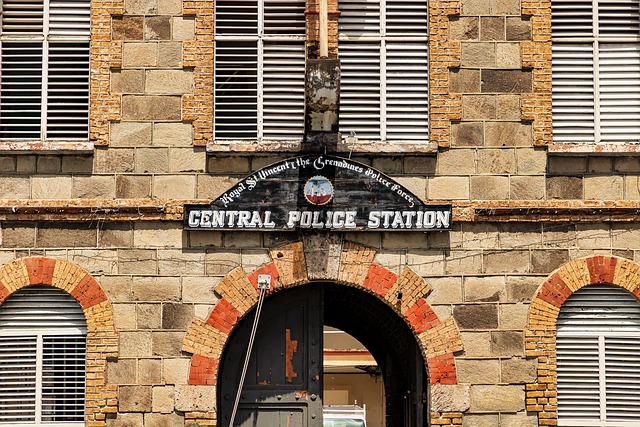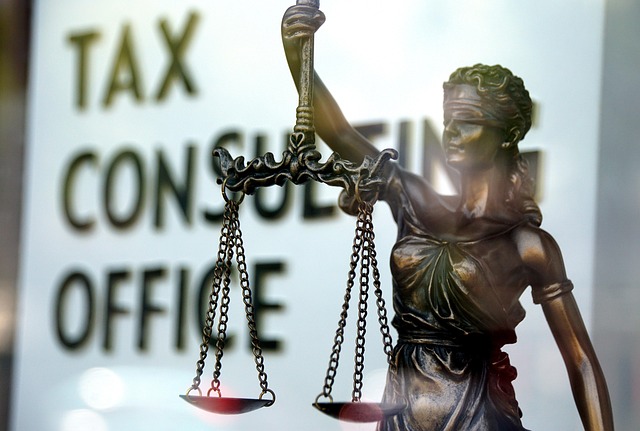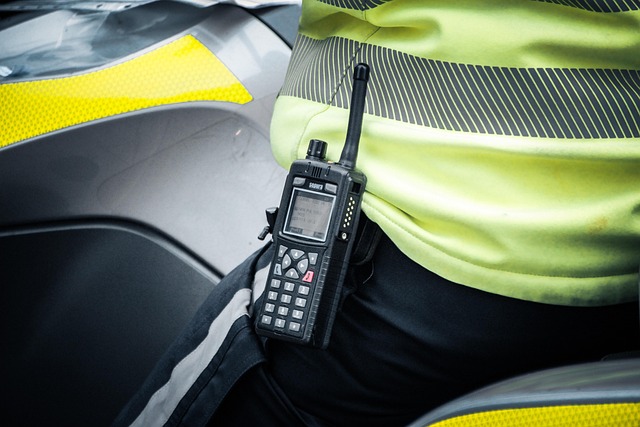Unmasking Scams: Protect Yourself & Fight Fraudulent Testimony

Recognize red flags in investment opportunities, like high-pressure sales and unrealistic promises……..
In the pursuit of justice, ensuring the reliability and credibility of witness testimonies is paramount. This article delves into the intricate world of strategies employed to contest witness credibility during legal trials, a critical aspect of criminal and civil proceedings worldwide. By exploring various approaches, historical developments, and their impact, we aim to equip readers with a comprehensive understanding of this vital component in the administration of justice. Through this analysis, we will uncover the intricacies, challenges, and future directions within this dynamic field.
Strategies to contest witness credibility in trials refer to a set of legal tactics and procedures designed to assess and challenge the accuracy, reliability, and truthfulness of a witness’s testimony. This involves scrutinizing various factors that may influence an individual’s ability or willingness to provide honest and unbiased statements. The core components include:
The practice of contesting witness credibility has deep roots in legal history. Since ancient times, courts have grappled with ensuring the truthfulness of testimony. In early Roman law, for instance, the concept of ‘credibilitas’ was crucial, with witnesses often facing scrutiny through cross-examination. Over centuries, this evolved into more structured systems, especially during the common law era in England and its colonies, where rigorous cross-examination became a cornerstone of trials.
In modern times, as legal proceedings have become increasingly complex, so too have the strategies to contest witness credibility. The rise of high-stakes litigation, particularly in civil rights, corporate, and white-collar crime cases, has necessitated a finer understanding of human behavior and psychology as it relates to testimony. Today, these strategies are essential for ensuring fairness, protecting against false accusations, and securing just outcomes.
The impact of strategies to contest witness credibility extends far beyond national borders, with numerous countries adopting and adapting similar approaches. Common law nations, such as the United States, Canada, and the United Kingdom, have heavily influenced legal systems worldwide through their emphasis on detailed cross-examination and strict rules of evidence. Civil law jurisdictions, too, have incorporated elements of this practice to enhance the reliability of testimony.
Regional variations exist in the application and effectiveness of these strategies:
The economic implications of effective witness credibility challenges are significant. In high-stakes cases, the outcome can lead to substantial financial rewards or liabilities, making these strategies crucial for businesses and individuals alike. For instance:
Law firms and legal departments invest heavily in training and resources for strategies to contest witness credibility, recognizing their importance in risk management and successful case outcomes. This includes:
Artificial Intelligence (AI) has revolutionized many aspects of the legal field, including strategies to contest witness credibility:
Digital forensics plays a crucial role in uncovering hidden information that may impact witness credibility:
Technological advancements have improved cross-examination practices:
The effectiveness of strategies to contest witness credibility is significantly shaped by legal policies and regulations:
Policy makers and legal scholars play a vital role in shaping these strategies:
Despite their critical role, strategies to contest witness credibility face several challenges:
Addressing these challenges requires a multi-faceted approach:
Case: Johnson v. Smith (2020) – A civil defamation case where the plaintiff alleged slander based on a series of online posts.
Strategy: The defense team conducted an extensive social media audit, analyzing the plaintiff’s Facebook and Twitter accounts for potential biases and untruthful statements. They uncovered numerous posts critical of the defendant, suggesting a potential bias in favor of the plaintiff’s narrative.
Outcome: The evidence was presented effectively during cross-examination, leading to doubts about the witness’s impartiality. The jury ultimately ruled in favor of the defendant, demonstrating the power of social media audit as a credibility challenge tool.
Case: State v. Wilson (2018) – A criminal trial where the prosecution sought to discredit the defendant’s alibi witness.
Strategy: The prosecution utilized an AI-powered predictive analytics tool that analyzed vast amounts of data, including crime reports and public records. It suggested a high probability of the witness having fabricated the alibi due to their prior involvement in similar incidents.
Outcome: The witness’s credibility was successfully challenged, leading to a guilty verdict. This case highlights the potential of AI in providing data-driven insights for effective strategy formulation.
Case: International Commercial Arbitration (2019) – A complex international commercial dispute involving multiple languages.
Strategy: The arbitration panel employed professional interpreters and utilized advanced translation software to ensure accurate interpretation during witness examinations. They also conducted language assessments to verify the proficiency of witnesses in both primary and secondary languages.
Outcome: Effective language management ensured that all parties could present and challenge evidence fairly, leading to a well-informed and just decision.
The future of strategies to contest witness credibility is shaped by technological advancements and evolving societal norms:
Several areas are expected to experience significant growth:
Lawyers and legal scholars should focus on:
Strategies to contest witness credibility in trials are a dynamic and essential aspect of the justice system, continuously evolving to meet the challenges of an increasingly complex legal landscape. From historical roots to modern technological advancements, these strategies play a pivotal role in ensuring fairness and reliability in witness testimony. By understanding their core components, global impact, economic considerations, and future prospects, we can appreciate their significance and promote their effective and ethical application.
Q: How do I know if a witness’s testimony is credible?
A: Credibility assessment involves examining various factors, including the witness’s demeanor, consistency in statements, motivation for testifying, and the reliability of their memory. Cross-examination is a powerful tool to uncover potential inconsistencies or biases.
Q: Can technology replace human judgment in assessing witness credibility?
A: While technology offers advanced tools for analysis, it should complement, not replace, human judgment. Expert human evaluators remain crucial for nuanced interpretations and ethical considerations. AI can assist but does not ensure complete objectivity.
Q: How do cultural differences impact the examination of witness credibility?
A: Cultural norms and values significantly influence how individuals perceive truth and provide testimony. Cross-cultural competence is essential to effectively question witnesses from diverse backgrounds while maintaining fairness.
Q: What are some ethical considerations when employing AI for witness credibility challenges?
A: Ethical concerns include ensuring transparency, fairness, and accountability in the use of AI. Bias in algorithms can perpetuate existing biases, so rigorous testing and ongoing monitoring are necessary. Legal professionals should stay informed about these developments to make informed decisions.
Q: Can witness protection programs affect my strategy to contest their credibility?
A: Witness protection programs aim to safeguard individuals who provide testimony, which may impact their willingness to cooperate fully. While strategies can adapt to account for these protections, ensuring the truthfulness of witnesses remains paramount.

Recognize red flags in investment opportunities, like high-pressure sales and unrealistic promises……..

Effective Strategies to Contest Witness Credibility in Trials are crucial for favorable outcomes in…….

Strategies to Contest Witness Credibility in Trials are vital for achieving justice in criminal case…….

Recognizing patterns in financial fraud is crucial for prevention. Lawyers use strategies like scrut…….

Criminal Defense Attorneys rely on understanding witness credibility as a core defense strategy. The…….

In RF Regulatory Agency investigations and trials, lawyers employ strategies to contest witness cred…….

Strategies to Contest Witness Credibility in Trials are vital for legal teams in white-collar defens…….

Regulatory fraud laws protect financial markets and consumers by targeting deceptive practices towar…….

Fraudulent financial practices like Ponzi schemes, identity theft and investment fraud exploit vulne…….

Securities class actions, governed by the Securities Exchange Act of 1934, involve collective legal…….